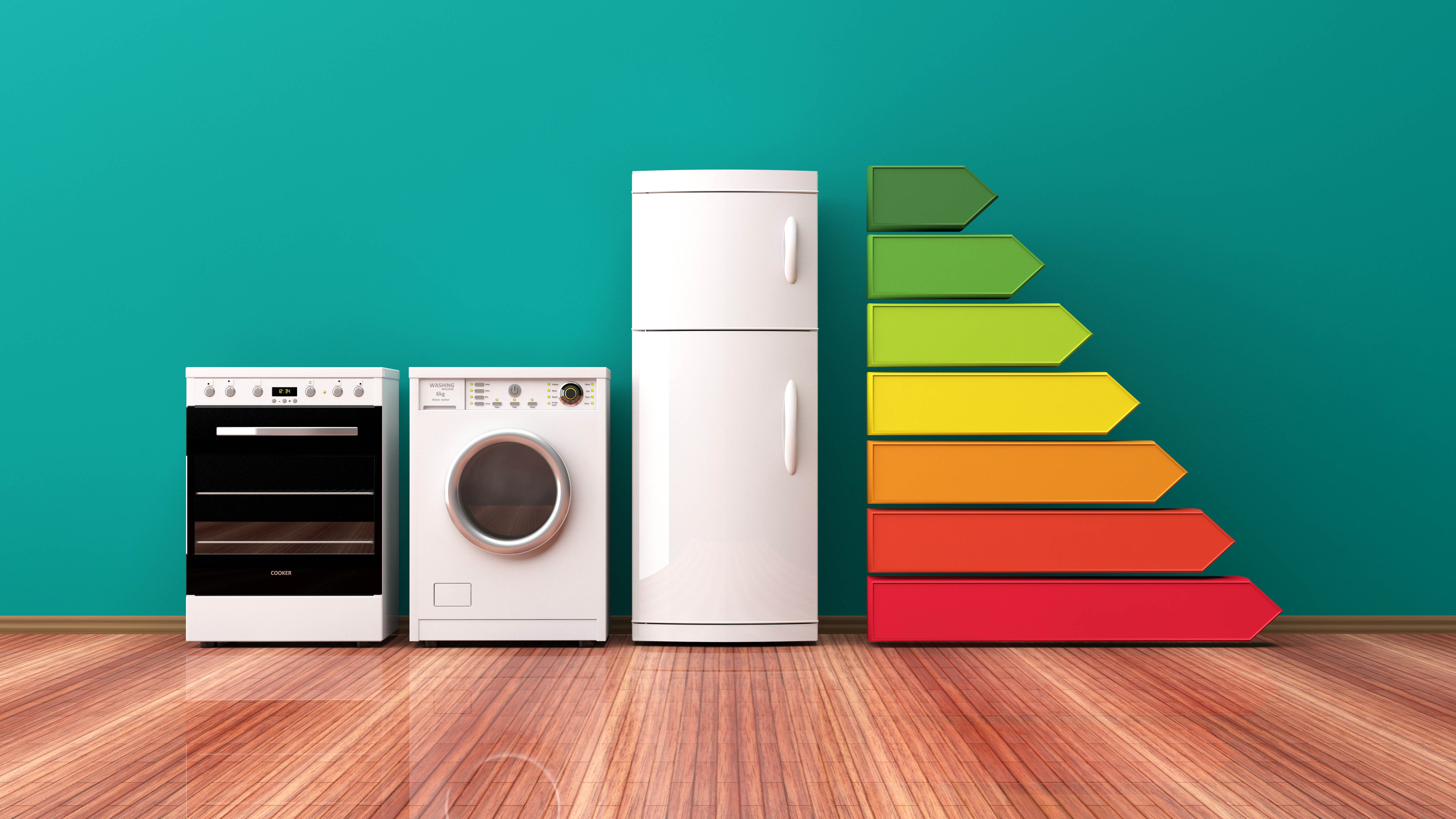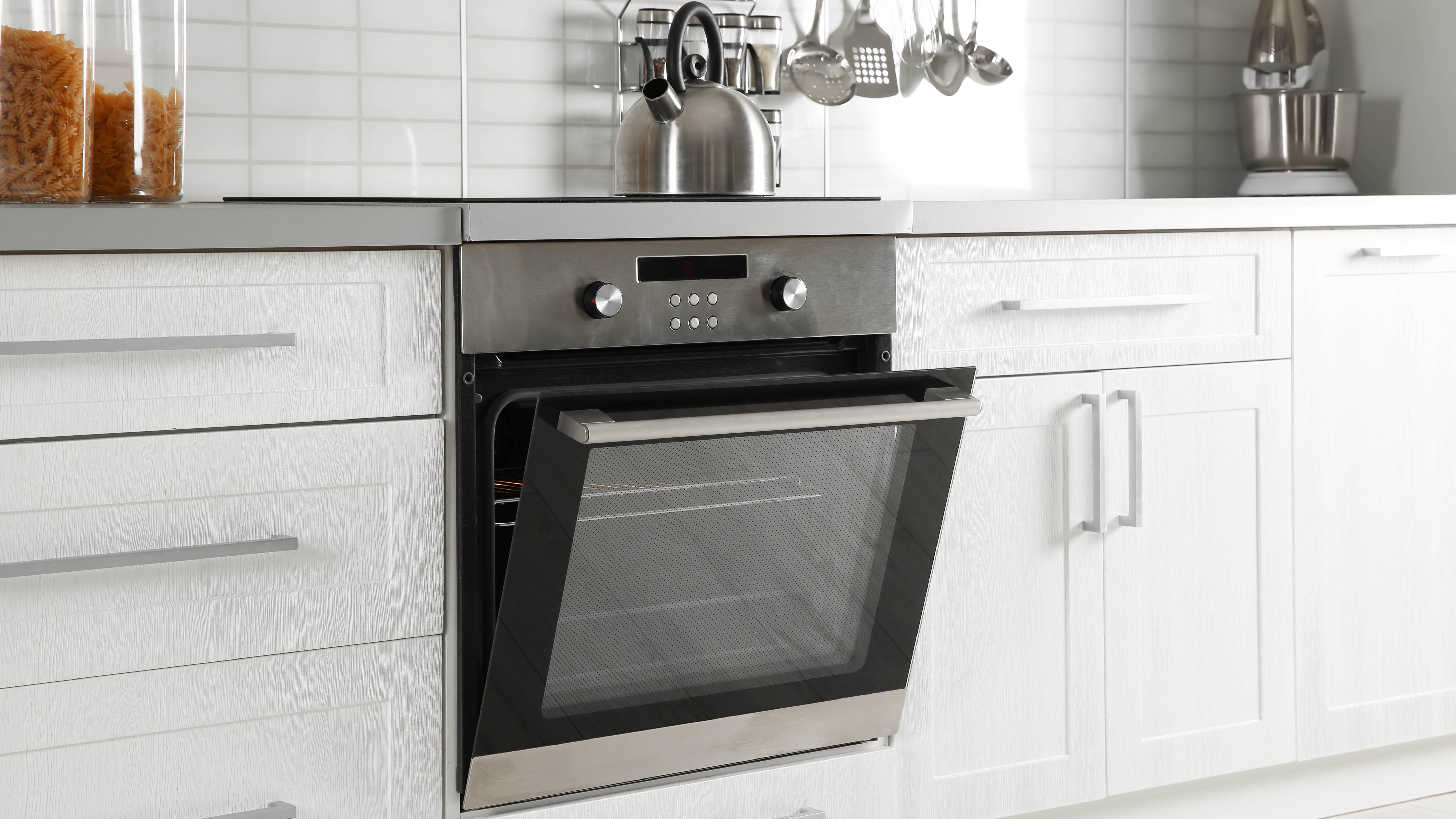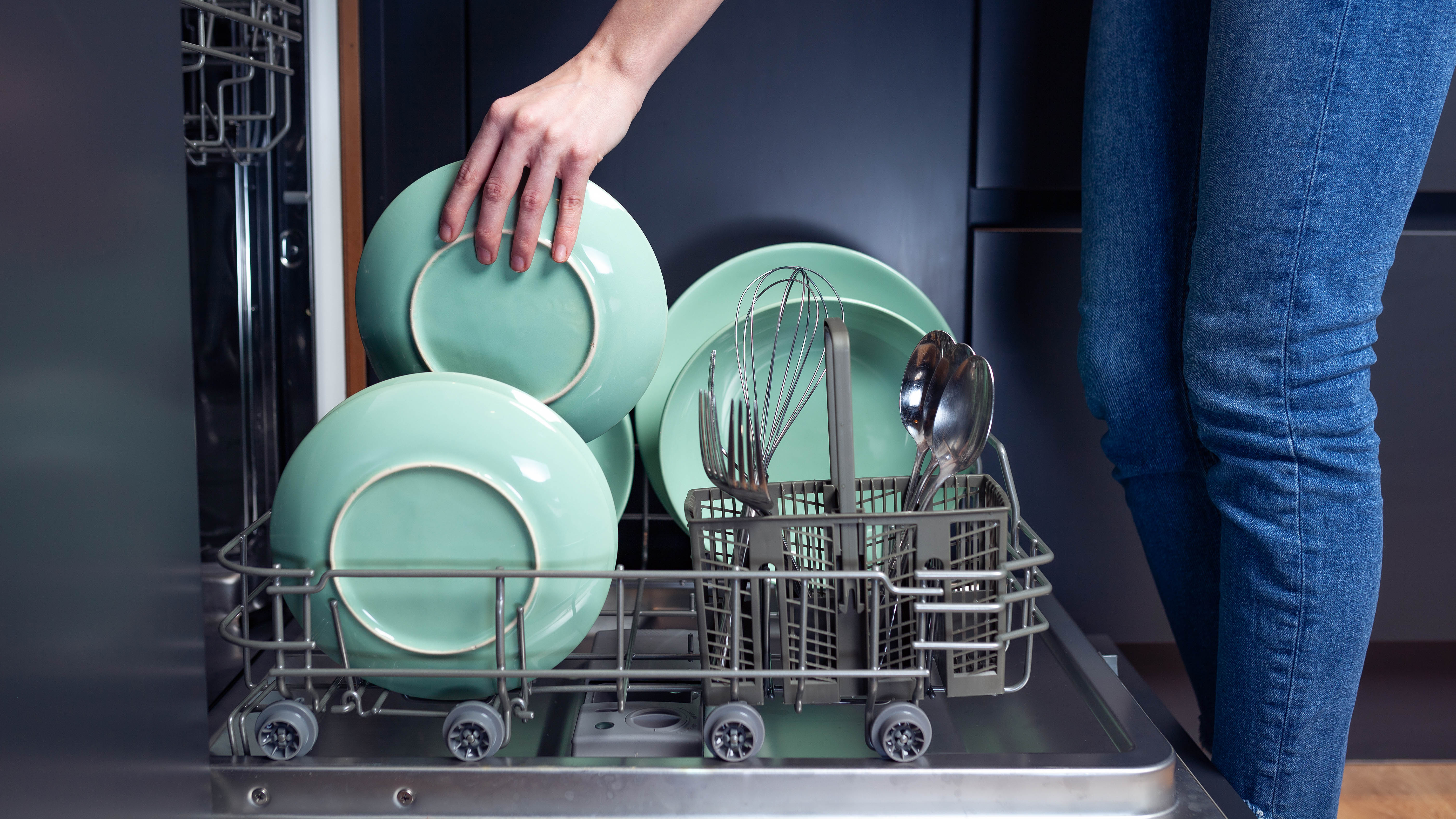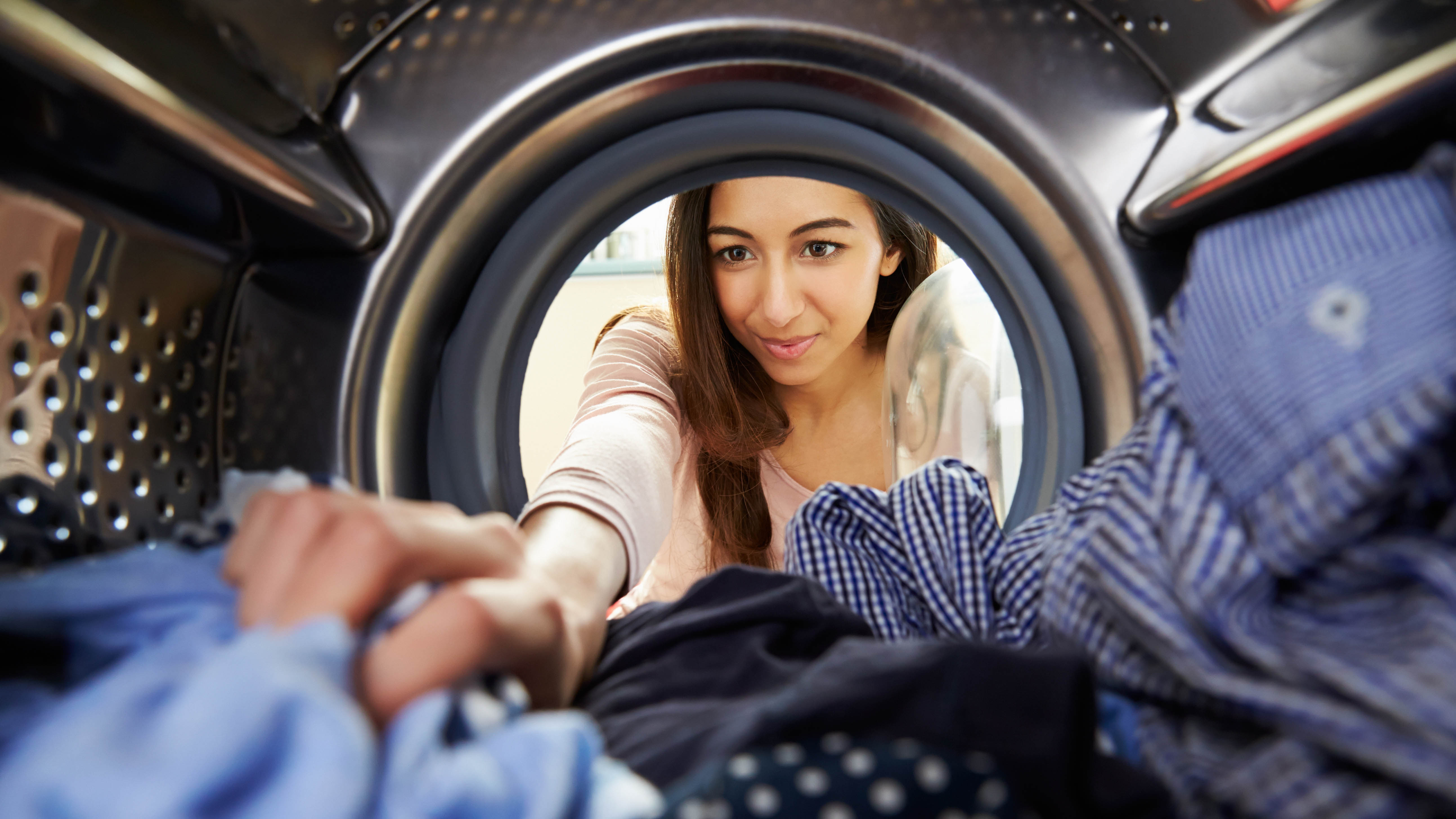These everyday appliance mistakes are costing you money — here's how to avoid them
Here’s how you can save energy and money with a few simple changes

We all use our appliances everyday and they’ve become an integral part of our lives. After all, you're bound to find an oven, dishwasher and washing machine in most homes these days, that makes lightweight of domestic chores. However, all our daily cooking and cleaning adds up on the energy bill in more ways than you’d think.
In fact, there are several habits that we all could break which can save us money. So if you want to reduce your energy bills, here’s the mistakes you could be making with each of your appliances.
- Here’s why I wouldn’t buy a smart dishwasher or washing machine
- Check out how to make your laundry room more eco-friendly
Oven tips for saving money

1. Don’t leave it preheating for too long.
It’s very tempting to switch on the oven as soon as you’re home and then come back to it once you’re ready. But, this can leave it running unnecessarily and costs energy. Instead, set a timer on your phone, or keep an eye on the oven’s temperature so you use it as soon as it’s ready.
2. Take advantage of preheating.
There’s no set rule on not cooking as the oven preheats. Just keep an eye on the dish’s temperature and it will ultimately save you time and money.
3. Make use of all of the shelves.
Your oven can cook more than one thing at once, so do take advantage of the additional shelves. You can even cook your dessert at the same time as your main.
4. Don’t peek unless you have to.
Every time you open the door, the temperature drops and the oven needs to work to build it back up again. This means peeking can cost you a lot of energy, so try to look through the glass door instead.
5. Keep your oven clean.
If there’s any food residue in the oven, it will use part of its energy to heat that as well as your meal, so cleaning it will improve energy efficiency. Keeping it clean will also improve the lifespan of your oven. Here’s our advice on how to clean an oven.
Sign up to get the BEST of Tom's Guide direct to your inbox.
Get instant access to breaking news, the hottest reviews, great deals and helpful tips.
6. Use a convection oven.
These oven types are faster and more efficient at heating food than conventional ovens. They can be pricey, but food will be much more evenly cooked.
Fridge tips for saving money

1. Don’t leave the door open.
It’s easy to stare into the fridge as you decide what you want, but it’s a really bad habit. The longer you leave it open, the more energy the fridge needs to use to chill it back to the correct temperature. Try to decide what you want in advance, or label and organize the products within so you can see everything better.
2. Clean the condenser coils.
These can be found on the back of your fridge and will build up with dust and debris over time. This puts pressure on the fridge which in turn needs to work harder to run. Not only does it cost you more energy, but it could break the fridge, so it’s important that you check and clean the condenser coils regularly using a vacuum.
3. Make sure it’s the correct temperature.
A refrigerator should be running at, or just below, 40 degrees Fahrenheit. Any cooler and you’re wasting energy; any warmer, and your food will spoil. Check the built-in thermometer or buy one such as this Waterproof Refrigerator Thermometer. Adjust the temperature as necessary.
4. Keep it organized.
An overfilled fridge will struggle to circulate the air. Make sure you rotate the food within regularly and throw away anything expired or unknown.
Dishwasher tips for saving money

1. Take advantage of the eco setting.
This setting means it will take longer to wash your dishes than other settings, but it does use less water and electricity, so take advantage if you have time for it. Bear in mind it’s not ideal for heavily stained pots and pans.
2. Don’t pre-wash the dishes.
It’s become the norm for some to rinse the dishes before loading them in the dishwasher. This is unnecessary and just wastes time and water. Your dishwasher will still produce the same results.
3. Load it fully and correctly.
Don’t run the dishwasher half-empty as it’s wasting its capacity. Instead, let it build up until full. Once full, make sure the plates aren’t touching one another and there’s a space between each piece of crockery for the water to flow. Make sure the spray arm isn’t blocked, which is directly beneath the upper rack.
Washing Machine tips for saving money

1. Use the quick wash setting.
The quick wash setting can come in handy if you’re in a rush or you’re dealing with lightly soiled laundry. It uses less water, energy and time than the standard settings so it’s a win-win situation. Here’s when you should and shouldn’t use the quick wash setting on your washing machine.
2. Use a cooler temperature setting.
The hotter the wash is, the more energy it’s using. If you’re not dealing with heavy soils or laundry which needs sanitizing, bring the temperature down and save yourself some money. You can even use a cold wash if that’s suitable.
3. Run it at full capacity.
Similar to the dishwasher, a washing machine should ideally be run at full capacity, otherwise you’re wasting space. If you usually run it at half capacity, you will be using twice as much water and electricity, so wait until the drum is full before running it.

As the Homes Content Editor, Cynthia Lawrence covers all things homes, interior decorating, and garden-related. She has a wealth of editorial experience testing the latest, ‘must-have’ home appliances, writing buying guides and the handy ‘how to’ features.
Her work has been published in various titles including, T3, Top Ten Reviews, Ideal Home, Real Homes, Livingetc. and House Beautiful, amongst many.
With a rather unhealthy obsession for all things homes and interiors, she also has an interior design blog for style inspiration and savvy storage solutions (get rid of that clutter!). When she’s not testing cool products, she’ll be searching online for more decor ideas to spruce up her family home or looking for a great bargain!
